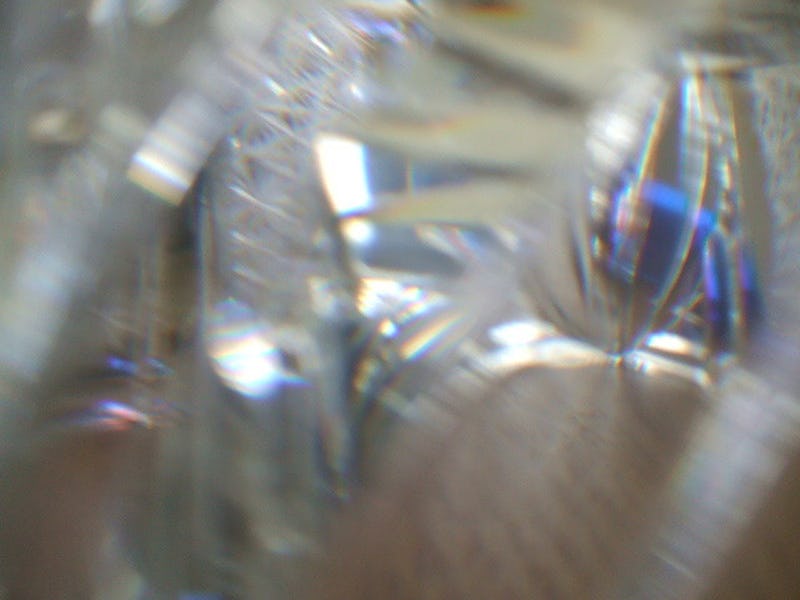The Aquafina Bottle is Watching You
Cameras are everywhere and available to everybody.

You’re sitting in a nondescript hotel room, wondering where it all went wrong. You’re a cliche now, a small-time criminal in over his head. Two FBI agents are questioning you as you scan the room for surveillance devices, confident that there must be something. After all, they’re not bothering to take notes. There’s the Aquafina water bottle by the TV and, next to that, a universal remote control. There’s a digital alarm clock on the bedside table and a wifi signal extender below that. A button on the shirt hanging over a chair could be a camera. Or it could be in the smoke detector.
Hell, you think, it could be the faceplate on any of the six outlets in the room.
All of those devices sound like spy gadgets, but each one of them is available in the commercial market for anyone willing to fork over a few hundred bucks. They were on display at ISC East recently, the largest physical security trade show in the northeast. ISC East is like a massive boat show, but instead of bowriders, there was facial recognition software and internet-connected smart-cameras. This year, the show had 250 brands represented on the floor of the Javits Center in midtown Manhattan.
The Aquafina bottle is made by a company called Mini Gadgets, a manufacturer and wholesaler that specializes in what they call do-it-yourself hidden surveillance devices. Many of their dealers sell to law enforcement, but the cameras are also for more pedestrian purposes like a nanny cam. “The Aquafina bottle comes with a remote control, so you can set it on continuous recording, or motion detection,” Rebecca Perry, account manager at Mini Gadgets, tells Inverse. Their booth also sported a demonstration of a 3D printer manufacturing the outlet faceplate. All of their devices have an SD card to store the images and video, but some of them also can transmit wirelessly to a nearby smartphone app.
The field of hidden cameras is a crowded one. BrickHouse Security also had a booth at ISC East, and Nidia Colon, senior product manager, gave Inverse an overview of their products. In addition to the civilian market, they sell to “investigators, law enforcement, government – a little bit of everything,” Colon told Inverse. BrickHouse offers GPS-enabled tracking devices, including one disguised as a prescription pill bottle. They also sell entire kits for investigators, that come with three different secret cameras – eye glasses, a shirt button, and a keychain fob. That package retails for $1,407.79, according to BrickHouse’s website.
Even the panopticon needs to stay hydrated.
BrickHouse sells to police departments, but, somewhat disturbingly, Colon also says cops come in individually to buy secret cameras to use in their patrol cars. How often? “All the time,” Colon says. Most of the time it’s the one-offs.” In some cases, she says the cops just mount their own camera on the dashboard, but she has “had clients request that they be put in tissue boxes, so they can put it in the back of their vehicle and it’s not noticeable.” The cameras can also go in radio enclosures, or in the air conditioning vents, Colon says.
Carl Haynes, sales director at the Nashville-based KJB Security Products, says his firm prefers to sell to departments, but that they sometimes have individual cops come in and buy their products. “It’s a little bit of both,” Haynes tells Inverse. Many of his products, which include the hidden camera clock, offer a feature that lets the users see the feed from anywhere in the world. KJB’s products all capture audio as well, though that feature is only available to law enforcement.